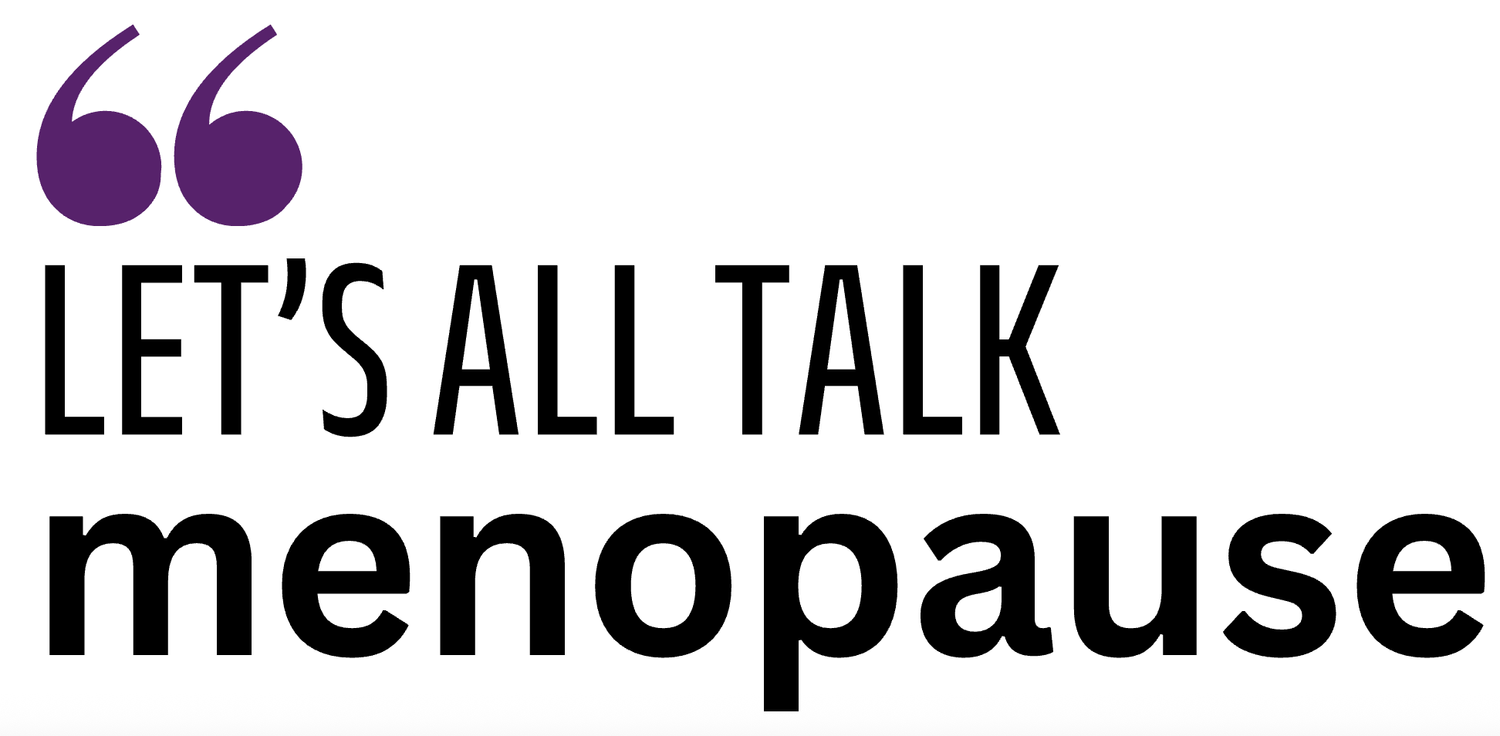ADHD & Menopause
Wow. If you think you have ADHD… this is the talk for you! October is recognised as ADHD Awareness Month, a crucial time to shed light on Attention-Deficit/Hyperactivity Disorder and provide support and understanding for those who live with it. ADHD is a neurodevelopmental disorder that affects both children and adults worldwide.
Psychologist Dr Tamasine Black and the founder of Tabla Psychology, has more than two decades of experience working in this field, especially around autism, ADHD assessments and mindfulness cognitive behavioural therapy (CBT).
ADHD, is characterised by a persistent lifetime pattern of inattention and/or impulsivity and hyperactivity, and it generally has a negative impact on daily functioning.
Now, let’s think about grown women going through the menopause. Hormonal fluctuations leading up to and during the menopause can have a marked impact on your ADHD symptoms. When you go through menopause, your oestrogen levels decline. This can, in turn, impact the neurotransmitters in your brain required for attention, regulating your emotions, organisational skills, and memory.
There can also be a drop in dopamine levels, and we know that dopamine is already lower for women with ADHD. As you go through menopause, you may find you have more difficulties than usual or the symptoms you experienced before get slightly worse. You may also experience low mood, increased anxiety after this transition. And it makes sense because oestrogen is key in also managing anxiety levels. We've got all sorts of things going on in terms of hormones, neurotransmitters and then executive functions. And it's the combination of the three which produces these very exacerbated symptoms, particularly brain fog and memory loss.
Top 5 ADHD symptoms that you may notice:
1. More sensitive to anxiety and difficulties with emotional regulation.
2. Not great at organising, for example around the house or forgetting routine tasks.
3. Sensitivity to rejection - Instagram is not a healthy place if you have ADHD.
4. Not paying attention to details and trouble staying focused.
5. Careless mistakes
Will HRT help? You may ask…
Dr Black makes an interesting point; HRT can be quite generic. If you are able to visit a hormone specialist who can write a prescription for bioidentical HRT then combine them with your ADHD meds: things should look a lot better, but she notes “obviously, hormones affect every everybody in different ways.”
Dr Black’s Top Tips for dealing with ADHD symptoms:
Meditation is a great way to manage symptoms. Start with guided meditation and check out YouTube or Spotify for help. Try setting your timer for four minutes, find a quiet place, breathe in for four, and out for eight. Do this for four minutes.
Another idea is tracking your symptoms. So, by tracking symptoms and the severity, you can then get an idea of what relieves the symptoms. With forgetfulness, maybe an alarm will help etc. Executive skills, they’re called, so make lists, set alarms and have your beeps.
A weighted blanket can help relax you.
Wobble stools are amazing! It's a stool which has a curved bottom and then you sit on the top, and you kind of regulate yourself as you're sitting on it.
Talking therapy is another great management system.
Some hard facts…
Looking at recent studies that were that were done by Attitude magazine, they've reported that 94% of women said that ADHD symptoms grew much more severe during perimenopause and menopause. And more than half of respondents reported that ADHD symptoms grew most severe during their forties and fifties.
This talk has been fascinating, and a huge education. Menopause symptoms are tricky enough on their own, but with the additional ADHD symptoms it’s no wonder ADHD women are struggling. ADHD assessments are vital, because there are 18 key symptoms of ADHD. So those questionnaires go through each symptom and they ask how severe they are and how often they occur.
Dr Black’s coping tips are definitely worth a try! I particularly like the one tracking symptoms so you’re aware of what’s coming and what potential triggers could affect you.
To watch Dr Black’s talk again, head here – it’s fascinating!
